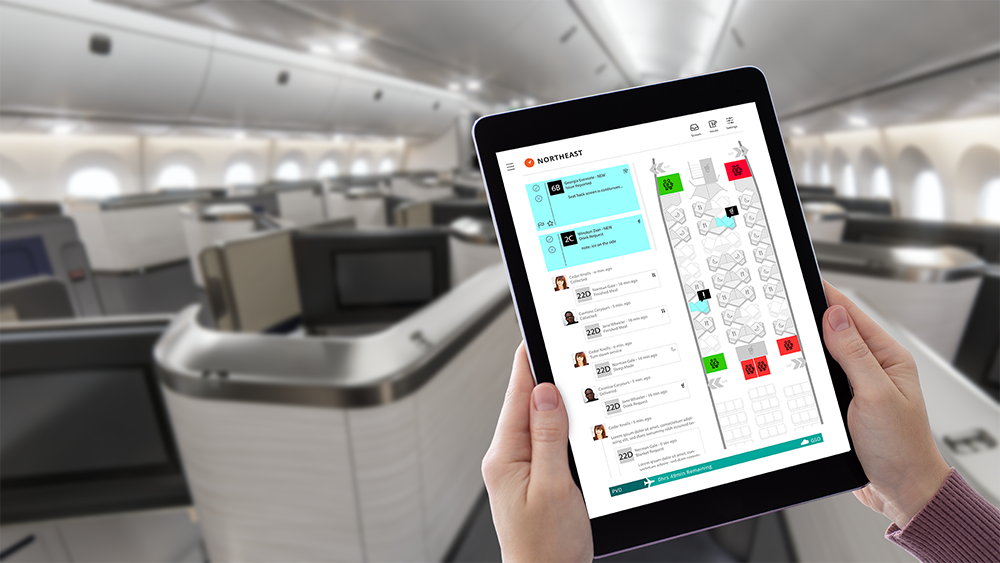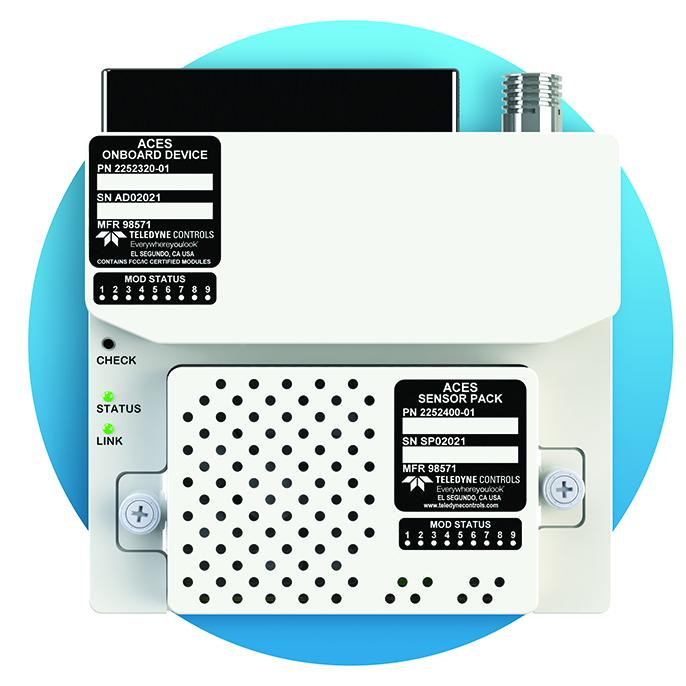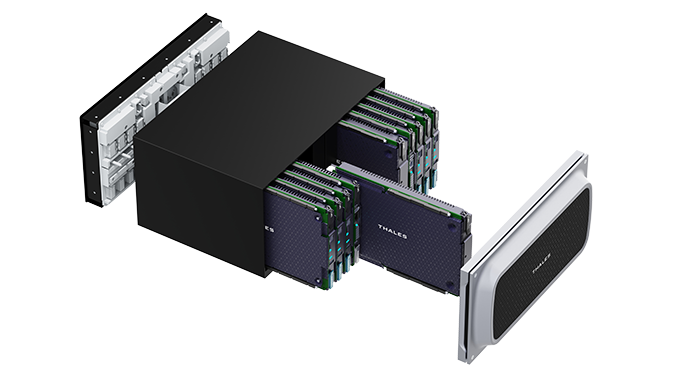Crystal Cabin Award Winners That Could Simplify Aircraft Maintenance

Collins Aerospace InteliSense intelligent cabin
Several winning products from this year’s Crystal Cabin Awards include technology features aimed at simplifying aircraft maintenance.
Collins Aerospace won the Passenger Comfort category with its InteliSense intelligent cabin product. InteliSense is an integrated intelligence system that provides insights and predictions to an airline’s maintenance technicians and cabin crew. The product combines artificial intelligence, machine learning and sensor technology to collect information from objects within the seat environment, which is then used to enable predictive maintenance and predictive services. For instance, InteliSense can collect data from electronics to determine when faulty equipment needs to be repaired or data from a passenger’s glass to determine when a drink needs to be refilled. The data is transmitted to a crew’s electronic flight bag.

Credit: Teledyne Controls
Teledyne Controls won the Health and Safety category with its Aircraft Cabin Environment Sensor (ACES) cabin air quality monitoring system. ACES uses sensors installed in the cabin and flight deck that perform real-time monitoring of airborne particulates, volatile organic compounds and gases such as carbon dioxide, carbon monoxide and ozone. The data is automatically transmitted to a cloud service for immediate processing and analysis. Teledyne says the system can allow airlines to monitor trends on specific aircraft, such as unhealthy levels of engine oil versus exhaust or de-ice fluid, to help maintenance teams better troubleshoot efforts to specific areas. Crystal Cabin Awards judges say the system can reduce airline maintenance costs and aircraft downtime by enabling operators to validate repairs on-board with no additional sensor systems required.

Credit: Thales Avionics
Thales Avionics’ Onboard Data Center (ODC) won the Cabin Systems, Materials and Components category. The system is designed to introduce state-of-the-art IT architecture to commercial aircraft. It uses a system of ‘blades’ with storage and computing capabilities that Thales says provides an aggregated storage space 10 times higher than the average inflight entertainment server. The blades are designed to be swapped out as needed, making it easier for airlines to replace and upgrade blades as necessary.





